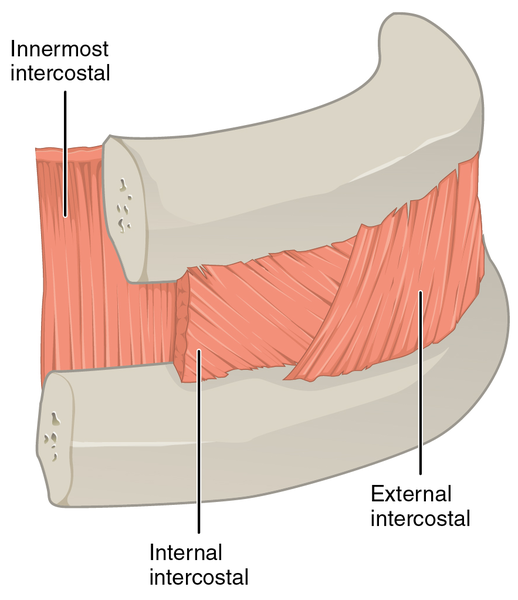Did you know every 66 seconds someone is the U.S. develops Alzheimer’s? According to the Alzheimer’s Association, Alzheimer’s is now ranked as the 6th leading cause of death in the United States.
While no cure for Alzheimer’s or dementia exists, advancements in radiology are teaching us more about our brain and the effects of Alzheimer’s. Taking care of your brain while you’re young and healthy may delay the onset of cognitive impairments later in life.
Learn more about brain health and how you can keep your mind sharp and alert.
Why Brain Health?
Your brain is a powerful and complex organ. It controls the functions of all your organs while enabling you to think, concentrate, play, remember, and learn. With the help of our brains, we can process information, obtain wisdom, and use logic.
Brain health is important to maintain these abilities and combat the effects of aging and cognitive impairments such as Alzheimer’s and dementia.
Your Lifestyle Affects Your Brain Health
Your habits and the way you live your life can directly impact your brain – either positively or negatively.
Smoking, overeating, not engaging socially, overworking, and skipping breakfast can all lead to poor brain health and decreased mental capabilities.
Pay close attention to your daily habits. Do your current habits lead to health and wellness or health issues and cognitive impairments?
How to Guard Your Brain Against Dementia and Alzheimer’s
Increasing good daily habits can fuel your brain and keep it healthy, strong, and alert.
Exercise
Exercise increases blood flow and oxygen to the brain which benefits your brain cells. Go for a brisk 30-minute walk, bike ride, or find an activity you love. Include balance and coordination exercises such as yoga to keep your brain active and your body agile.
Rest Your Brain
Disrupted sleep is a possible risk factor for Alzheimer’s. Poor sleep habits release a brain-clogging protein which further interferes with sleep.
Deep sleep is necessary for memory formation and uninterrupted sleep flushes out brain toxins. Develop a regular sleep schedule and aim for 8 hours of sleep per night.
Be Social
Isolation can decrease brain health and cognition. A strong network of friends is imperative to combat dementia and Alzheimer’s.
Keep in mind quality versus quantity. You don’t have to be a social butterfly to reap the benefits. In-person and face-to-face interactions are always best.
Learn New Skills
Your brain is a powerful tool and if you don’t use it, you’ll lose it. People who continue learning new things and challenging their brains are less likely to develop cognitive impairments later in life. Stimulate your brain each day with activities to keep yourself mentally sharp.
Eat a Healthy Diet
Alzheimer’s is sometimes referred to as “diabetes of the brain.” Inflammation and insulin resistance can injure neurons and block communication between brain cells. Good eating habits can reduce inflammation and provide energy to fuel your brain.
Enjoy plenty of omega-3s found in salmon or fish oil and eat lots of fresh fruits and vegetables. Be careful to avoid sugars and trans or saturated fats.
Manage Stress
Chronic stress can lead to brain shrinkage in the memory quadrant which increases your risk for Alzheimer’s disease and dementia. Take time to rest, breathe, and schedule daily relaxation activities into your schedule. Keep your sense of humor and laugh often to fight stress.
What can you start doing today to give your brain the care it needs?




Like this article? Share with your friends!